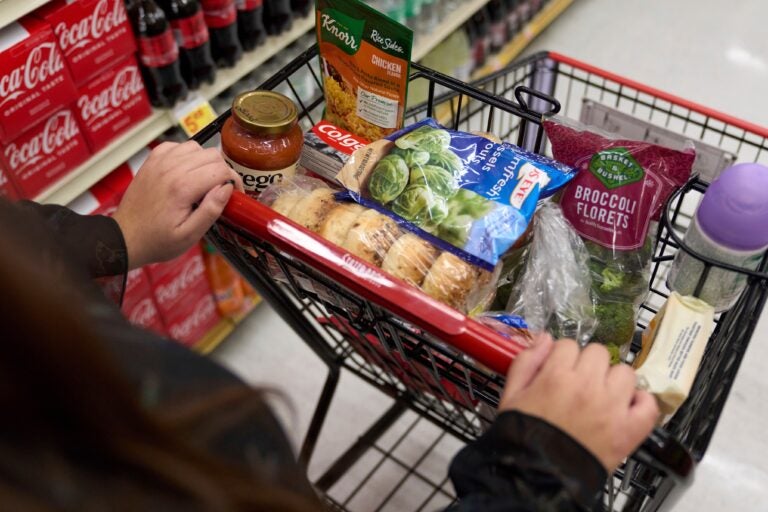Changes to the Supplemental Nutrition Assistance Program (SNAP) are set to impact thousands of recipients across Pennsylvania and New Jersey starting on September 4, 2023. Under new requirements, recipients must demonstrate they work or volunteer for at least 20 hours per week, raising concerns over potential loss of benefits for many individuals.
One affected recipient, Chris Parks, began using food stamps over five years ago after leaving her job to care for her brother, a kidney transplant recipient with an intellectual disability. Parks emphasized the importance of SNAP in helping her manage grocery costs, allowing her to allocate funds to other expenses, including medical bills. “It really helps, especially now with prices fluctuating at the various markets,” she stated. “You shouldn’t have to feel that you have to compromise food in order to pay for other things.”
Parks was alarmed to learn about the new work requirements introduced under the Trump administration’s budget bill, which takes effect on Labor Day. These changes require many food stamp recipients to provide proof of employment or volunteer work, potentially leading to significant disruptions in assistance. “With this new requirement, which is quite complicated, we’re worried that many people may lose access to SNAP, not because they’re no longer eligible, but because they don’t get the correct piece of paper in and processed at the right time,” said Lydia Gottesfeld, an attorney at Community Legal Services of Philadelphia.
The new regulations may affect up to 144,000 residents in Pennsylvania, including approximately 45,000 individuals in Philadelphia. The requirements specifically target adults under 55 years of age who do not have children. Beginning in November 2023, veterans and individuals aged 55 to 64 will also be subject to these changes.
Parks expressed frustration over the requirement for recent retirees. “For recent retirees, the last thing you want to be hit with is, ‘If you want to sustain your SNAP benefits, you have to go back out into the workforce and work X amount of hours,’” she remarked. “I’m worried about keeping food in the house.”
Those who earn more than $217.50 per week before taxes are exempt from the new work requirements. Others must submit documentation proving they meet the work or volunteer criteria, or show that they have a qualifying exemption. Failure to comply could limit eligibility to SNAP benefits for only three months within a three-year period.
In addition to these work requirements, recent changes have also removed SNAP eligibility for some immigrants, including refugees. Many recipients are still unaware of the new regulations, prompting advocacy groups to encourage individuals to check for official notices in the mail. “We’re hearing a lot of surprise, and people trying to understand the rules that are coming, what paperwork they need to get in,” Gottesfeld noted. “People are also frustrated because they have various caregiving duties, or they’re an older adult, and meeting this work requirement doesn’t make a lot of sense.”
As the implementation date approaches, many residents face uncertainty about their SNAP benefits. The changes reflect broader shifts in federal policy that could significantly alter how food assistance is accessed by vulnerable populations.
